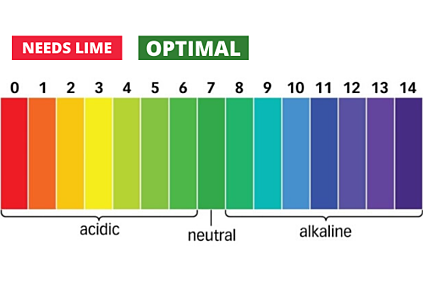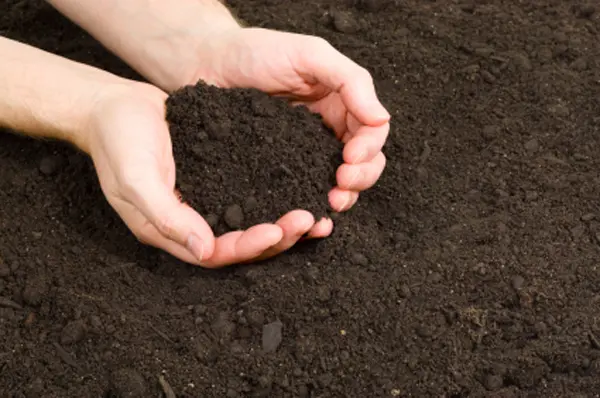When planning a garden, choosing which vegetable varieties you’d like to plant is only half the battle. For your plants to grow successfully, you should always check your soil health before planting. If your soil is too rocky, too acidic, or devoid of nutrients, you are going to have trouble getting much of anything to grow in your garden. It is best to check up on your soil health long before planting time, so that if amendment is necessary, you will have adequate time to do so.

There are many different factors which affect soil health. One factor is your soil’s nutrient content. Some plants can grow very well in poor soil, such as lavender and most beans. Others require extremely nutrient-rich soil, such as many varieties of squash. These plants are considered “heavy feeders,” and your soil must be amended if it is to produce big, healthy fruits. Three significant nutrients which plants require are nitrogen, phosphorus, and potassium. These nutrients can be added to the soil by working in compost prior to planting time, and/or by applying a store-bought fertilizer to your soil during the growing season.
Another factor to be considered when planning a garden is your soil’s pH. Most vegetables prefer slightly acidic soil. Many states have programs where you can send in a small clump of soil for a free/inexpensive pH test. Basic amendments for pH include applying limestone to increase pH, and applying aluminum sulfate or sulfur to decrease pH.

It is also important that you choose the correct types of soil for specific crops. Root crops like carrots will not grow well in rocky soil; they will turn out thin and straggly, if they grow at all. Soils with too high a clay content will drain poorly, which can cause root rot. On the other hand, soil which is too sandy might drain TOO quickly, and you will find yourself having to water your crops more frequently. Loamy soils are ideal for gardening, as they will retain water but not drown your plants’ roots.
This is just an overview of the many factors involving soil health, and why it is so crucial when it comes to vegetable gardening. If you are unsure about your yard’s soil health, you can always construct raised beds and use bagged soil, purchased from a gardening center. You can even create your own soil mixes for raised beds.
Sources:
